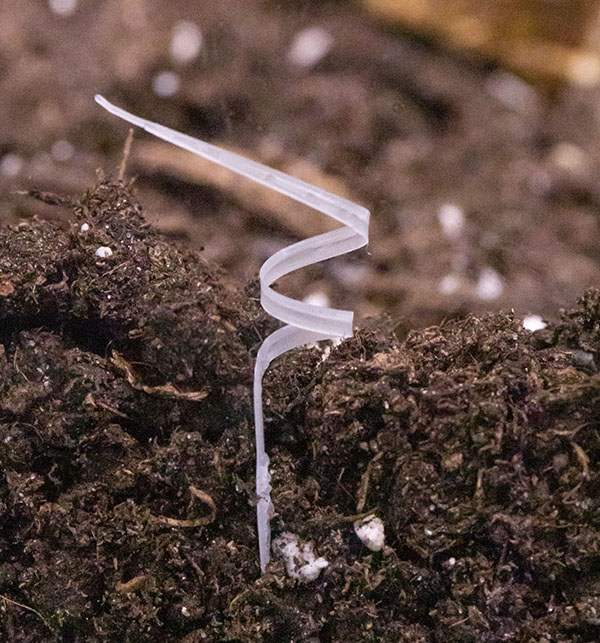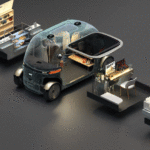Researchers at the Istituto Italiano di Tecnologia (IIT) in Genoa have developed the world’s first 3D printed biodegradable seed robot, I-Seed. The robot can change shape in response to humidity and is fashioned from biodegradable materials that function autonomously without external energy sources. You can see it in the picture below.

The Bioinspired Soft Robotics (BSR) Lab collaborated with the University of Trento in this project. I-Seed has the potential to be used in applications ranging from environmental monitoring to reforestation. The little robot does not require batteries or other external sources of energy, and it represents a low-cost solution that can gather data in remote areas where no monitoring data is currently available.
The I-Seed project is a European initiative coordinated by IIT and aims to develop innovative robots modeled after plant seeds that can serve as sensors for monitoring soil quality parameters and air metrics. I-Seed’s hygromorphic structure was inspired by the South African geranium’s seeds, which change shape in response to humidity changes in their environment.
The IIT-BSR Lab has long been inspired by plants in their research and has explored the growth and movement strategies of roots and climbing plants. The group concentrated on the movement and dispersal features of seed-carrying structures found in Gerianaceae plants. The I-Seed project’s primary objective is to imitate living beings’ strategies and structures to develop environmentally-friendly robotic technologies.
The research was published in a paper and was recently featured on the cover of Advanced Science. You can find that paper in full, over at this link.
Come and let us know your thoughts on our Facebook, Twitter, and LinkedIn pages, and don’t forget to sign up for our weekly additive manufacturing newsletter to get all the latest stories delivered right to your inbox.









